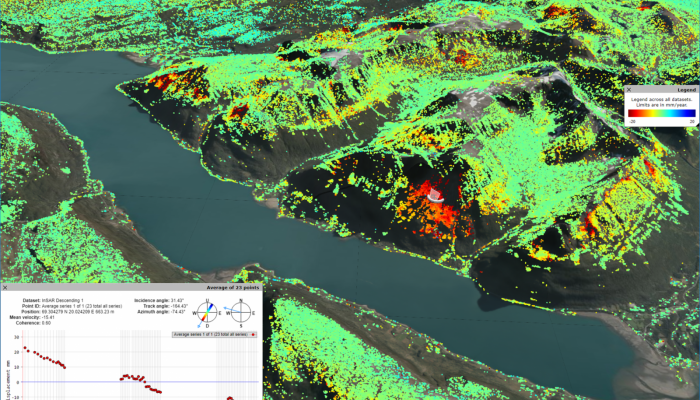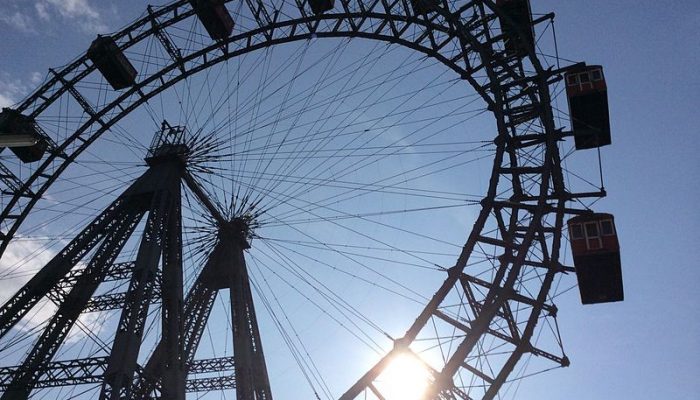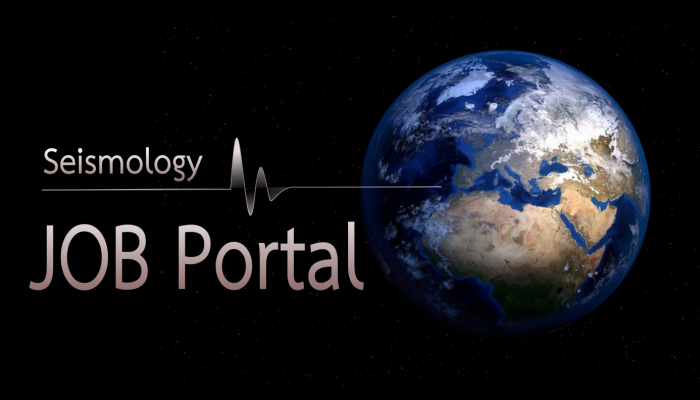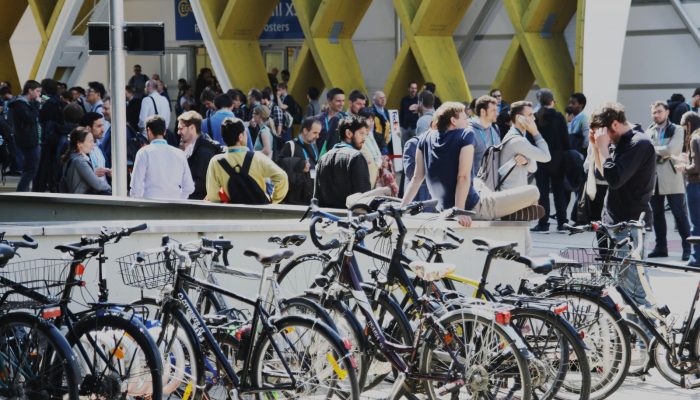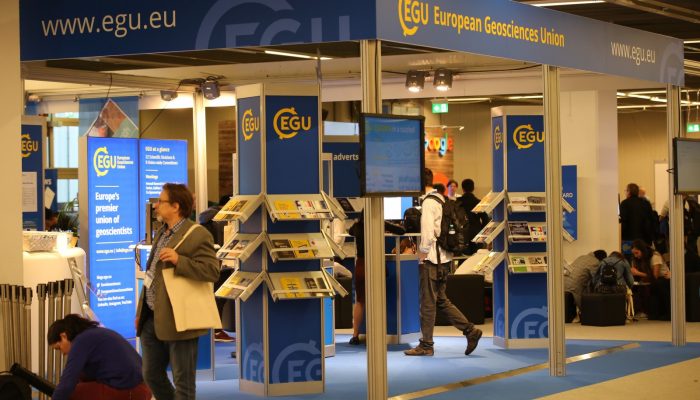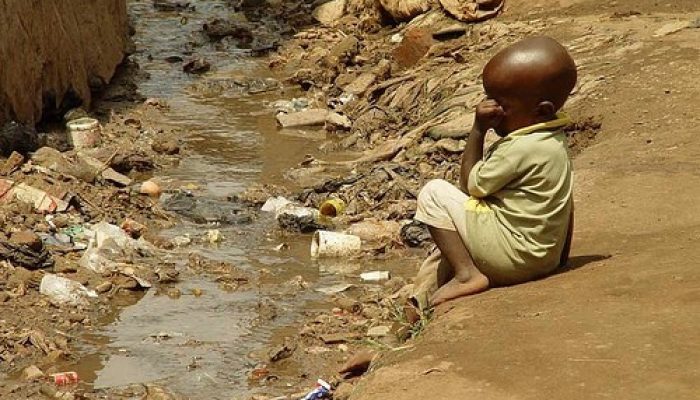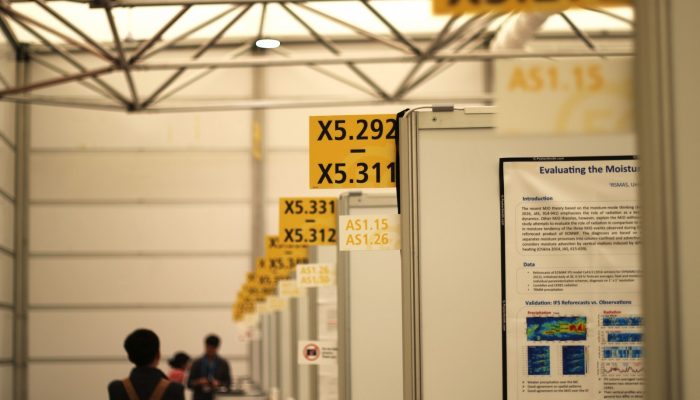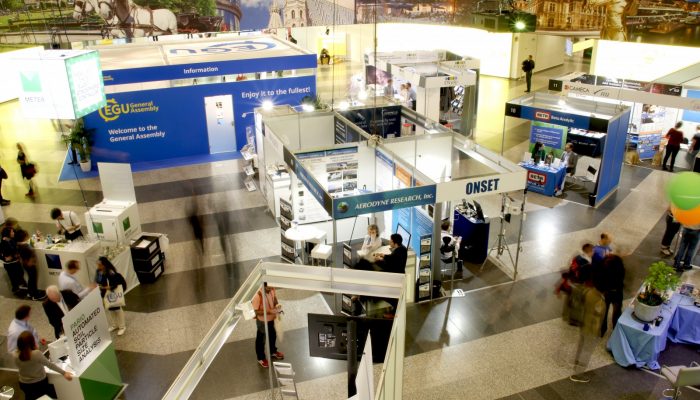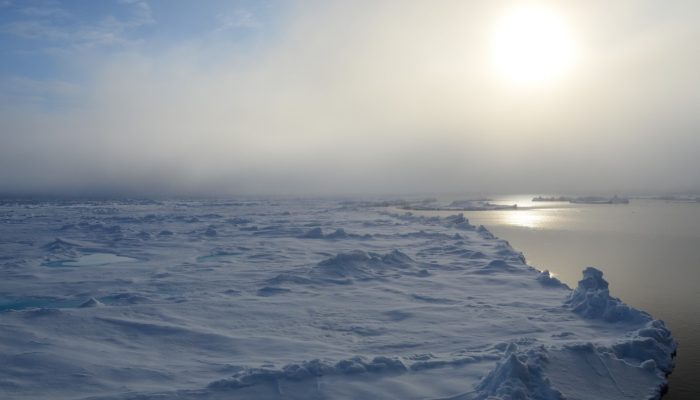Marie Keiding is a researcher in the Geohazard and Earth Observation team at the Geological Survey of Norway. Together with her colleague, John Dehls, who is leading the project, she works to develop and operate the new mapping service called InSAR Norway. Before we start, let’s briefly describe what is InSAR. First, the Synthetic Aperture Radar (SAR) is a day and night operational imaging system ...[Read More]
GeoLog
In Vienna for the weekend? Here’s a taste of what’s on offer…
The General Assembly has come to an end, with only a few hours left to go. Many of the participants will make their way home over the weekend, but if you’ve chosen to stay on for a little longer, then this list of cultural activities and things to do in Vienna might just be the ticket! Have coffee, Vienna style Experience the true delights of Viennese coffee at Cafe Prükel. Strong and delicious &# ...[Read More]
Seismology
Seismology Job Portal
On this page we regularly update open positions in Seismology. Do you have a job on offer? Contact us at ecs-sm@egu.eu
GeoLog
Announcing the winners of the EGU Photo Competition 2019!
The selection committee received over 600 photos for this year’s EGU Photo Contest, covering fields across the geosciences. Participants at the 2019 General Assembly have been voting for their favourites throughout the week of the conference and there are three clear winners. Congratulations to 2019’s fantastic photographers! Imaggeo is the EGU’s online open access geo ...[Read More]
GeoLog
At the Assembly 2019: Friday highlights
The conference is coming to a close and there’s still an abundance of great sessions to attend! Here’s our guide to getting the most out of the conference on its final day. Boost this information with features from EGU Today, the daily newsletter of the General Assembly – download it here. Union-wide sessions The final day of the conference kicks off with the last two Union sessions. The first ses ...[Read More]
GeoLog
At the Assembly 2019: Thursday Highlights
Welcome to the fourth day of General Assembly excitement! Once again the day is packed with great events for you to attend and here are just some of the sessions on offer. You can find out more about what’s on in EGU Today, the daily newsletter of the General Assembly – download it here. Union-wide sessions The Union-wide session of the day focuses on Promoting and supporting equality of opportuni ...[Read More]
GeoLog
Groundwater springs harbour hidden viruses
In many parts of Sub-Saharan Africa, groundwater springs are a vital, precious source of water. They are also a reservoir of disease. Research presented at the European Geosciences Union General Assembly in Vienna reveals that groundwater reservoirs in Ghana, Tanzania and Uganda contain diverse communities of viruses – including those that present a risk to human health. The work, carried out by I ...[Read More]
GeoLog
At the Assembly 2019: Wednesday Highlights
We’re halfway through the General Assembly already! Once again there is lots on offer at EGU 2019 and this is just a taster – be sure to complement this information with EGU Today, the daily newsletter of the General Assembly, available for download here. Union-wide sessions Communication between scientists, institutions, policymakers and the general public is widely recognised as an essential ste ...[Read More]
GeoLog
Explore the Exhibition at EGU 2019!
Don’t forget to visit the Exhibition at the European Geosciences Union General Assembly! Exhibition booths for companies, publishers, scientific societies and many more are scattered throughout the Brown (basement), Yellow (ground floor), and Green (first floor) Levels of the Austria Center Vienna. See the General Assembly website for a full list of who’s attending and where to find them. Make sur ...[Read More]
Atmospheric Sciences
Water vapor isotopes: a never ending story!
Water stables isotopes are commonly exploited in various types of archives for their information on past climate evolutions. Ice cores retrieved from polar ice sheets or high-altitude glaciers are probably the most famous type of climate archives. In ice cores, the message about past temperature variations is conserved in the ice, formed from the snow falls whose isotopic composition vary with the ...[Read More]

